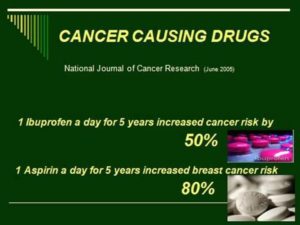Not all rice is created GI equal.
http://www.sciencedaily.com/releases/2012/07/120709102722.htm
Fruit and vegetable juices to alleviate arthritis pain
This article lists some beneficial foods and some to avoid.
http://www.naturalnews.com/008400.html#ixzz20M57RVTh
A Quote from Voltaire
“So long as the people do not care to exercise their freedom, those who wish to tyrannize will do so; for tyrants are active and ardent, and will devote themselves in the name of any number of gods, religious and otherwise, to put shackles upon sleeping men.”
Quote from Thomas Jefferson
“Our greatest happiness does not depend on the condition of life in which chance has placed us, but is always the result of a good conscience, good health, occupation, and freedom in all just pursuits.”
6 Air Purifying House Plants

1. Bamboo Palm: According to NASA, it removes formaldehyde and is also said to act as a natural humidifier.
2. Snake Plant: Found by NASA to absorb nitrogen oxides and formaldehyde.
3. Areca Palm: One of the best air purifying plants for general air cleanliness.
4. Spider Plant: Great indoor plant for removing carbon monoxide and other toxins or impurities. Spider plants are one of three plants NASA deems best at removing formaldehyde from the air.
5. Peace Lily: Peace lilies could be called the “clean-all.” They’re often placed in bathrooms or laundry rooms because they’re known for removing mold spores. Also know to remove formaldehyde and trichloroethylene.
6. Gerbera Daisy: Not only do these gorgeous flowers remove benzene from the air, they’re known to improve sleep by absorbing carbon dioxide and giving off more oxygen over night.
Find your own path
Cancer Causing Drugs
Fruit Art
Woman shocks doctors by using superfoods like turmeric to treat cancer – and lives!
There’s no way for any of us to completely avoid the DNA damage that leads to abnormal cells. The Cancer Society says that 50 percent of American men and 33 percent of American women will develop some form of cancer in their lives. Causes are not just from poor diet, smoking or alcohol, lack of exercise, and environmental pollution. It can also come from genetics, viruses, and exposure to chemicals from a variety of places. The best we can do is to take care of our bodies in a way that limits the number of cells damaged and the severity of the damage so that our bodies can keep up with destroying the abnormal cells and maintaining cellular equilibrium.
http://www.naturalnews.com/036369_turmeric_cancer_superfoods.html
Gardasil May Be Causing the Cancer It Pretends to Prevent
Gardasil appears to be causing an increase in other other HPVs and cervical cancer.
http://therefusers.com/refusers-newsroom/gardasil-may-be-causing-the-cancer-it-pretends-to-prevent-gaia-health/



